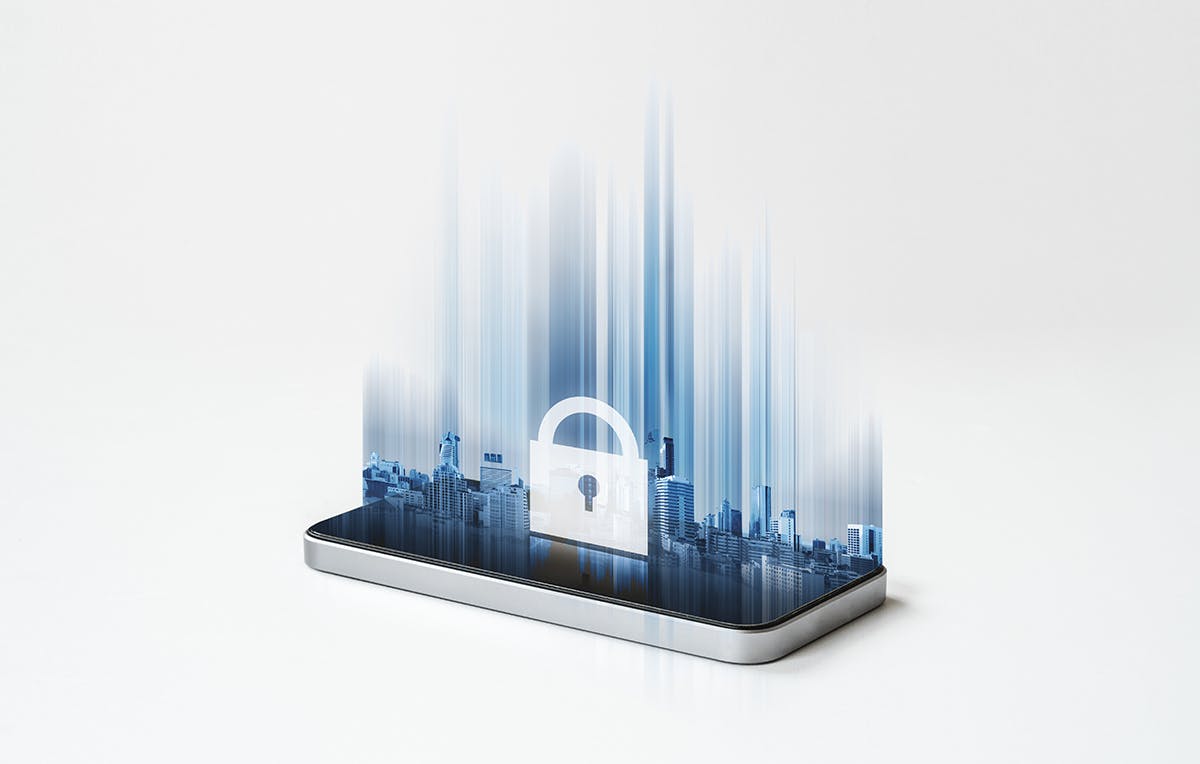Cyber-Smart: Strengthening Your Online Security and Privacy
January 9, 2024

In an era where technology intertwines seamlessly with daily life, the significance of digital privacy and security has never been more pronounced. The rapid advancement of technology brings not only convenience but also a heightened risk of data breaches and privacy concerns. At Trinity Wealth Management, we understand that staying ahead of these risks is crucial for maintaining financial peace of mind. Here’s a guide on how to navigate this new frontier of digital privacy and security.
Eight Strategies for Enhancing Digital Security:
1. Embrace Advanced Authentication Methods
- Biometric Security: Utilize biometric authentication methods like fingerprint scanning, facial recognition, or iris scanning to access your devices and sensitive accounts. These unique physical characteristics are much harder to replicate or steal compared to traditional passwords.
- Behavioral Biometrics: This newer form of security measures how you interact with your device — for example, the way you type, your mouse movements, and even how you hold your phone. It offers an additional, unobtrusive layer of security by continuously verifying your identity.
2. Stay Informed About Data Breaches
- Regularly check news sources and subscribe to notifications from cybersecurity firms to stay updated on major data breaches. This awareness can help you react swiftly if a service provider you use is compromised.
- Enroll in breach alert services that notify you if your personal information (like email or social security number) is found in a data breach, allowing you to take immediate action, such as changing passwords or monitoring financial accounts for unusual activity.
3. Secure Your Home Network
- Change the default username and password of your home router, as these are often easily guessable. Use a strong, unique password to reduce the risk of unauthorized access.
- Consider investing in a mesh network system, which not only extends your Wi-Fi coverage but also often comes with advanced security features to protect your network from intrusions.
4. Protect Your Mobile Devices
- Ensure that your smartphone and tablet operating systems are up to date, as updates often include critical security patches.
- Install reputable security applications that can detect and protect against malware, spyware, and unauthorized access attempts on your mobile devices.
5. Be Cautious with Smart Home Devices
- Carefully read the privacy policies of any smart devices you purchase to understand what data they collect and how it is used or shared.
- Regularly review the security settings on these devices, ensuring that you are only sharing necessary data and that any remote access features are securely configured.
6. Educate Yourself on the Latest Scams
- Keep abreast of emerging digital threats such as deepfake technology, which can create convincing fake audio or video content, AI-driven phishing attacks, and advanced social engineering tactics that manipulate people into divulging confidential information.
- Participate in educational events like webinars or workshops focused on cybersecurity. This education can be crucial in recognizing and avoiding sophisticated scams.
7. Implement Secure Cloud Storage Practices
- Choose cloud storage providers known for strong encryption and robust security policies. Understand the security measures they have in place to protect your data.
- Regularly backup important documents and data to a secure cloud service. This not only protects against data loss due to device failure but also ensures that your data remains accessible and secure in case of physical disasters.
8. Financial Transaction Security
- Use Dedicated Devices: For online banking and sensitive financial transactions, consider using a dedicated computer or device. This reduces the risk of encountering malware or viruses commonly found on devices used for general browsing.
- Monitor Account Activity: Regularly monitor your bank and investment accounts for any unauthorized transactions. Many financial institutions offer custom alerts for unusual activity, which can be a first line of defense against fraud.
- Secure Payment Methods: When shopping online, use secure payment methods like credit cards, which often offer fraud protection. Avoid using debit cards linked directly to your main bank account.
- Direct Communication with Financial Institution: In case of any suspicious activity, directly contact your bank or financial institution. Ensure that you use the contact information provided on their official website or documents, rather than links or numbers provided in emails or messages.
It Can Happen to Anyone
Digital privacy and security threats are continually evolving, making it crucial to stay vigilant and informed. In the U.S., millions are affected by data breaches and scams every year, emphasizing the need for proactive measures.
Your Security is Our Priority
At Trinity Wealth Management, we are committed to the security of your personal and financial information. We continually adapt our practices to the latest security standards and are here to assist you in navigating these challenges. If you have questions or concerns about how to protect your digital privacy and security, please reach out to us.
